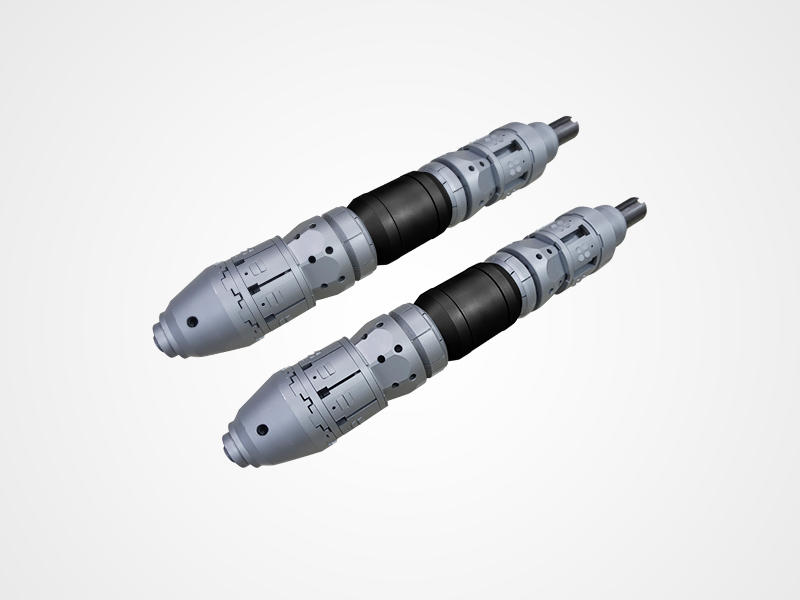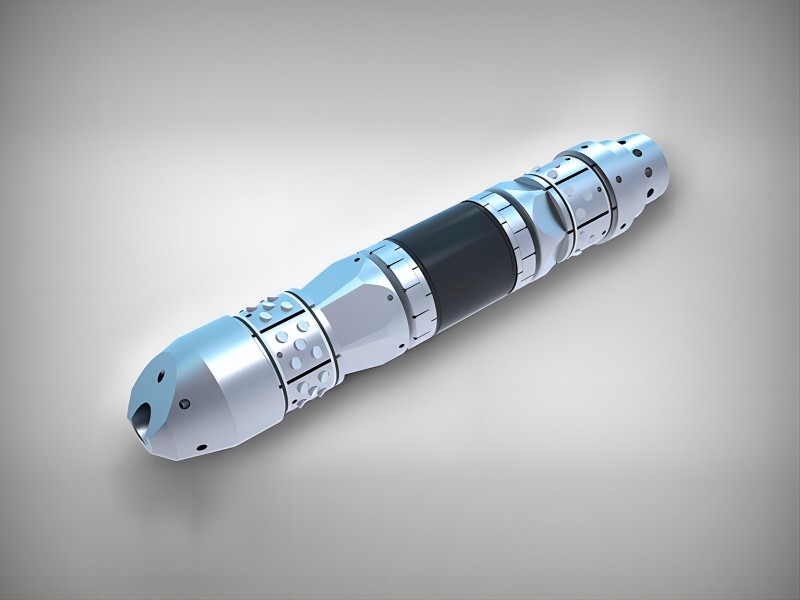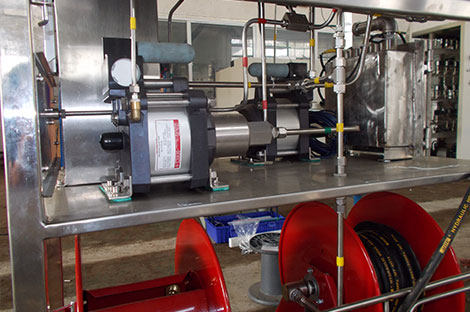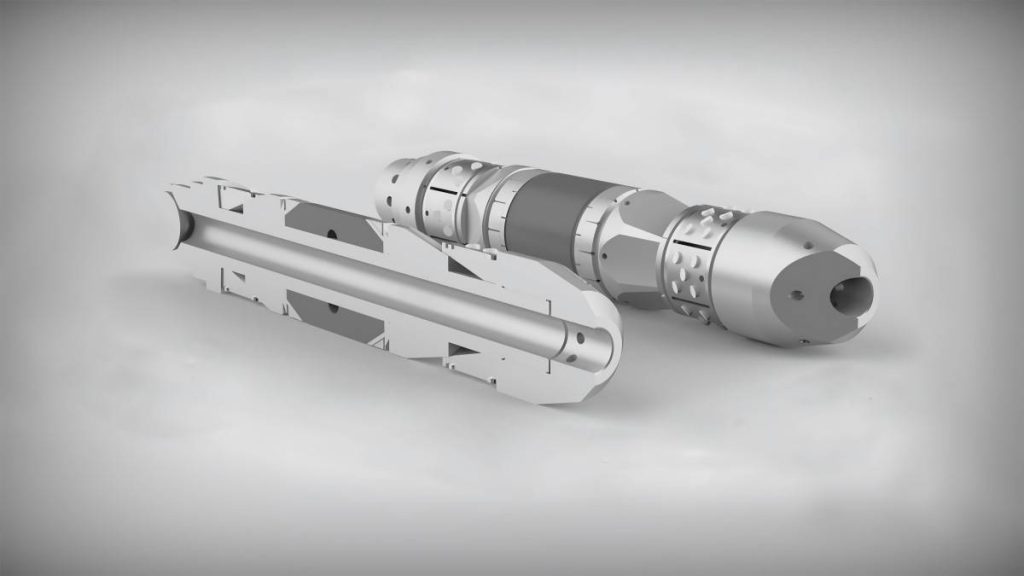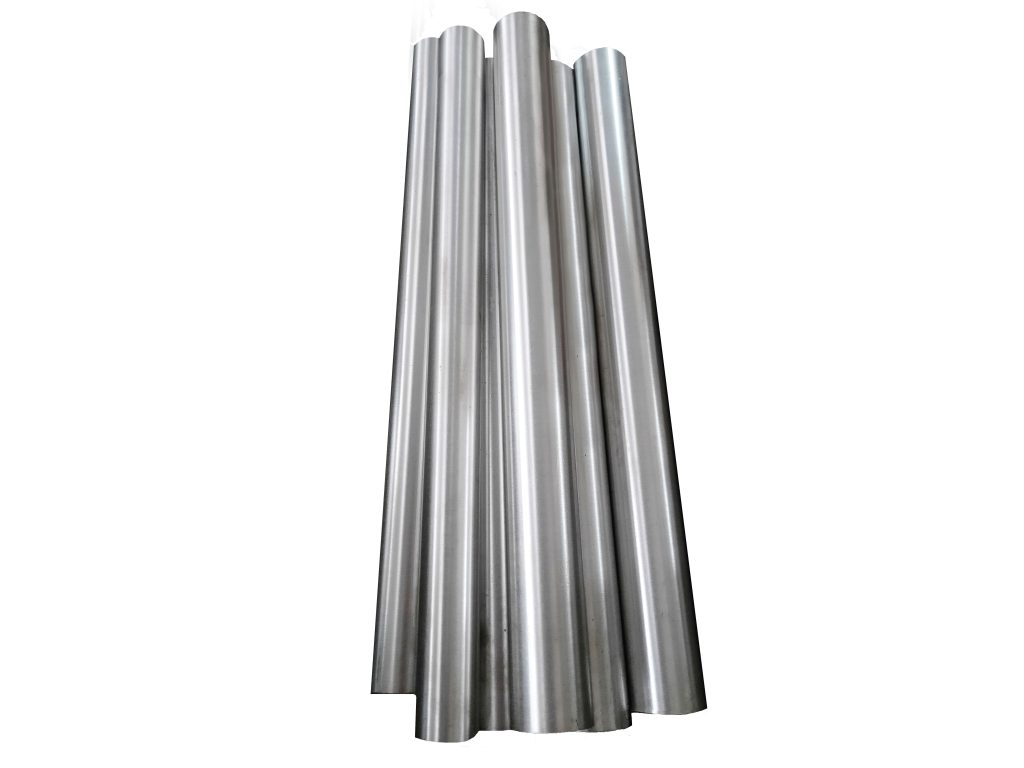Staying Safe with Air Amplifiers: Precautions for the Oil and Gas Industry
Air amplifiers are commonly used in the oil and gas industry for a variety of applications, including conveying materials, ventilation, and cooling. While these devices can provide many benefits, it is crucial to understand the hazards associated with their use and take appropriate safety precautions to prevent accidents and injuries. This article will discuss the importance of safety when using air amplifiers in the oil and gas industry and provide guidelines for safe use.
Understand the Hazards of Air Amplifiers
Air amplifiers can create high-velocity air streams and high-pressure air systems, which can pose significant hazards to workers. Additionally, electrical hazards and noise hazards can also be present. Understanding these hazards is the first step in implementing effective safety measures.
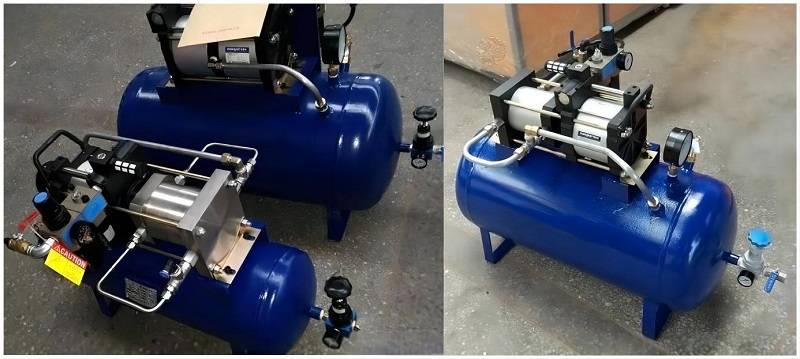
- High-velocity air streams
Air amplifiers can produce air streams at high velocities, which can cause injury if they come into contact with workers. These air streams can cause abrasions, cuts, and bruises, and can even knock workers off their feet. It is essential to be aware of the velocity of the air stream and take appropriate measures to prevent workers from coming into contact with it.
- High-pressure air systems
Air amplifiers also operate at high pressure, which can pose a risk of injury to workers. If the air system is not properly maintained, it can rupture, causing a dangerous release of compressed air. This can cause serious injury or even death.
- Electrical hazards
Air amplifiers use electrical power to operate, which can pose a risk of electrical shock or electrocution if the device is not properly grounded or if workers come into contact with electrical components.
- Noise hazards
Air amplifiers can produce high levels of noise, which can cause hearing damage if workers are not properly protected. Exposure to loud noise over time can cause permanent hearing loss, making it essential to take appropriate measures to protect workers.
Safety Precautions for Using Air Amplifiers
To prevent accidents and injuries when using air amplifiers, it is crucial to implement effective safety measures. These measures include proper training, the use of personal protective equipment (PPE), the use of guarding devices, maintaining a safe distance, and proper installation and maintenance.
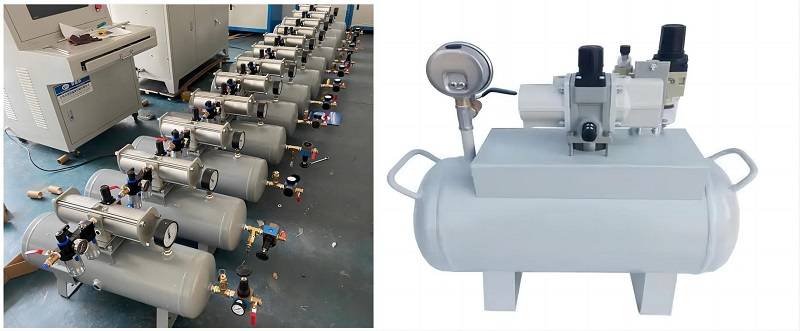
- Proper training for employees
All employees who will be working with air pressure amplifiers should receive appropriate training before using the device. This training should include how to operate the device safely, how to recognize and avoid hazards, and how to respond to emergencies.
- PPE (Personal Protective Equipment)
Workers should wear appropriate PPE when working with air amplifiers, including hearing protection, eye protection, and gloves. Depending on the application, additional PPE may be necessary, such as respirators or full-body suits.
- Use of guarding devices
Guarding devices, such as screens or barriers, should be used to prevent workers from coming into contact with the high-velocity air stream or the high-pressure air system.
- Safe distance
Workers should maintain a safe distance from the air amplifier when it is in operation. This distance should be sufficient to prevent workers from coming into contact with the air stream or the device itself.
- Proper installation and maintenance
Air amplifiers should be installed and maintained according to the manufacturer’s instructions to ensure they operate safely. This includes ensuring that the device is properly grounded, that all components are in good working order, and that the device is regularly inspected and maintained.
Emergency Procedures
Despite taking all necessary safety precautions, accidents, and emergencies can still occur. It is essential to have appropriate procedures in place to deal with injuries, equipment failure, or hazardous material releases.
- Procedures for dealing with injuries
In the event of an injury, workers should receive immediate medical attention. Employers should have appropriate first aid supplies on hand and should have trained personnel available to provide emergency care. It is also important to have a system in place for reporting and documenting injuries and near-misses.

- Procedures for dealing with equipment failure
If an air amplifier fails or malfunctions, it is crucial to have procedures in place to shut down the device safely and address the issue. Workers should be trained to recognize and report equipment failures promptly to prevent accidents or injuries.
- Procedures for dealing with hazardous materials
If there is a release of hazardous materials, such as oil or gas, it is essential to have appropriate procedures in place to contain the release and protect workers and the environment. Workers should be trained to recognize the signs of a release and to respond appropriately to prevent further damage or injury.
Conclusion
Air amplifiers can provide many benefits in the oil and gas industry, but it is crucial to prioritize safety when using these devices. Understanding the hazards associated with air amplifiers and implementing effective safety measures, such as proper training, the use of PPE, and emergency procedures, can help prevent accidents and injuries. By prioritizing safety, workers can operate air amplifiers with confidence and prevent harm to themselves and others.
And the most important thing is choosing a big brand that is produced by a professional air amplifier manufacturer when purchasing it. WINGOIL is a good choice that could give you some professional advice and services.

